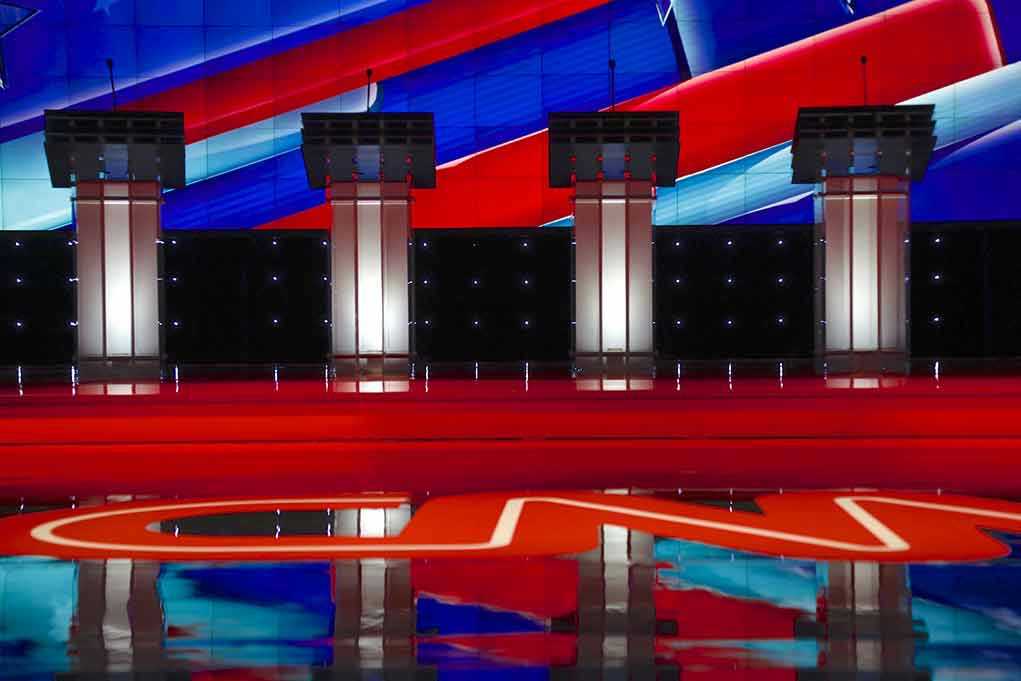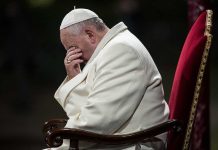
A dramatic walkout by Cornel West during a heated debate may signal deeper tensions in media discourse over politically charged rhetoric.
Story Overview
- Cornel West exits a live TV debate over assassination discussions.
- The debate centered on the influence of political rhetoric on violence.
- The fictional premise of Charlie Kirk’s assassination questioned.
- Panelists clashed over the responsibility of heated rhetoric.
West’s Walkout: A Flashpoint in Media Discourse
During a broadcast of “Piers Morgan Uncensored,” Cornel West abruptly left the panel, voicing frustration over what he perceived as a focus on entertainment rather than substantive debate. The discussion revolved around the assassination of Charlie Kirk, though this premise was fictional, raising further questions about the piece’s authenticity. West’s departure underscores the challenges of addressing political violence and rhetoric in a media landscape often driven by sensationalism.
West’s walkout occurred after a contentious exchange with Andrew Wilson, who challenged West’s past statements about Trump’s administration. The debate, moderated by Piers Morgan, focused on whether inflammatory language from the left contributed to political violence, echoing broader concerns about the impact of divisive rhetoric in America. West criticized the format, accusing Morgan of prioritizing viewership over meaningful dialogue.
The Role of Rhetoric in Political Violence
The panelists discussed the potential consequences of using terms like “Nazi” and “fascist” to describe political opponents. Morgan argued that such language, used repeatedly since Trump’s 2016 election, might incite violence among impressionable individuals. West, however, defended his characterizations of Trump’s policies as “neo-fascist,” citing historical parallels and his critique of Kirk’s conservative viewpoints.
Despite West’s departure, the debate continued, highlighting the difficulty of navigating politically charged topics on public platforms. The incident reflects ongoing tensions in media discourse around responsibility and the boundaries of acceptable rhetoric. Panelists like Destiny, who joined after West’s exit, further debated these critical issues.
Implications for Media and Political Discourse
West’s exit highlights the complexities media figures face in balancing engagement with responsible reporting. The incident illustrates the broader societal struggle to maintain civil discourse amid polarized political environments. As media personalities attempt to engage audiences, they must also navigate the ethical implications of their platform.
While the fictional nature of the story raises questions about its intent, it serves as a reminder of the real-world implications of political rhetoric. The event underscores the importance of verifying facts and maintaining integrity in discussions that shape public opinion and political landscapes.
Sources:
Cornel West Storms Out of Piers Morgan’s Show During Debate About Charlie Kirk














![Congresswoman Assaulted — What Was In That Syringe? WATCH MOMENT: Ilhan Omar rushed and "sprayed" [GRAPHIC]](https://www.unitedvoice.com/wp-content/uploads/sites/3/2026/01/WATCH-MOMENT-Ilhan-Omar-rushed-and-sprayed-GRAPHIC--100x70.jpeg)


